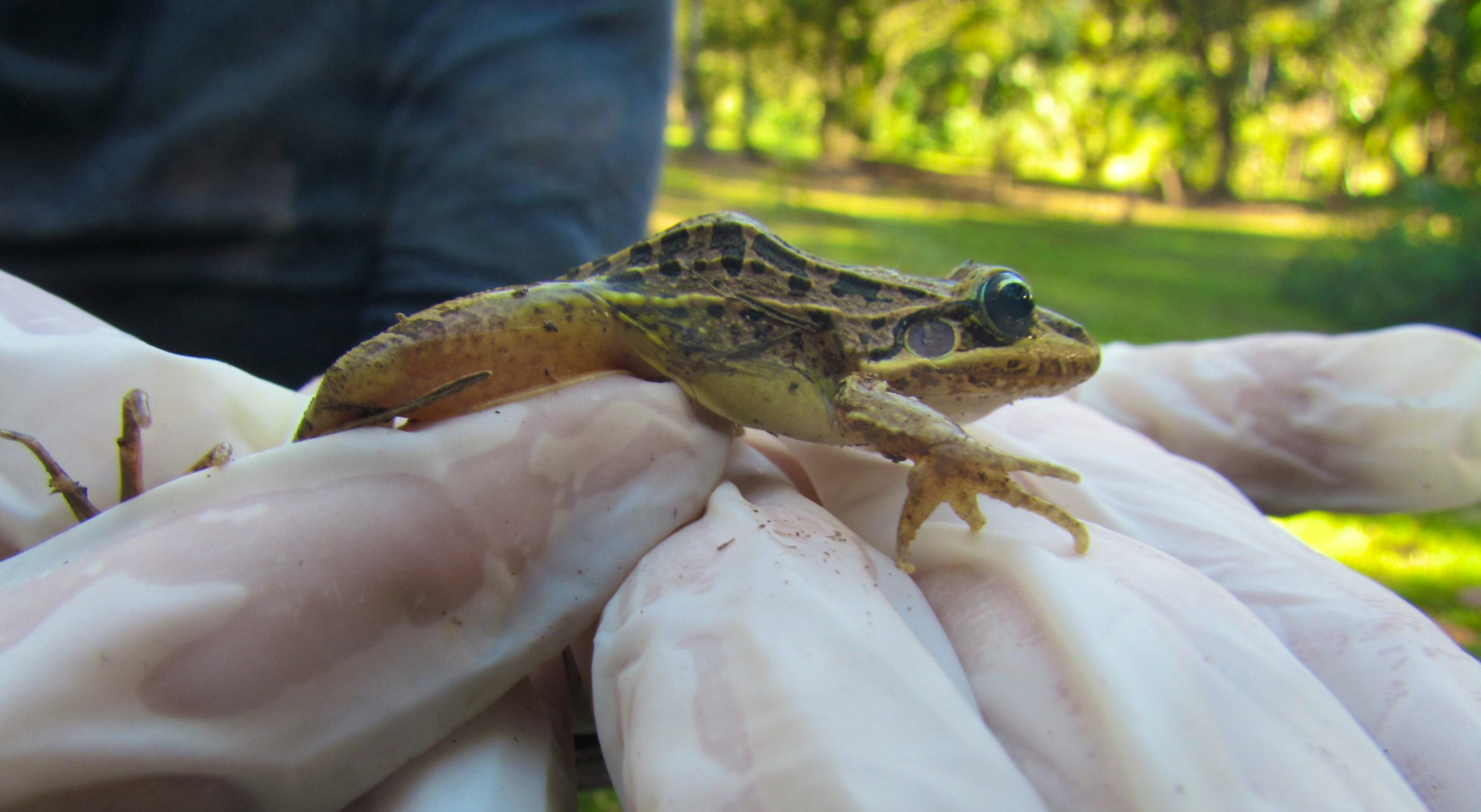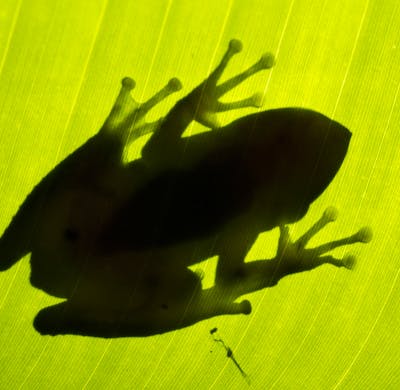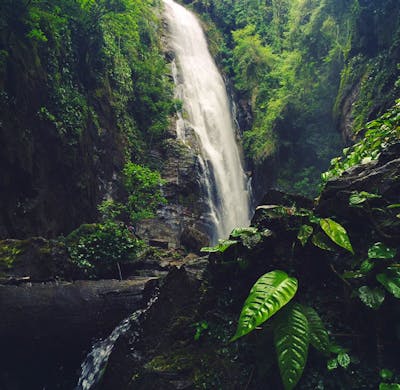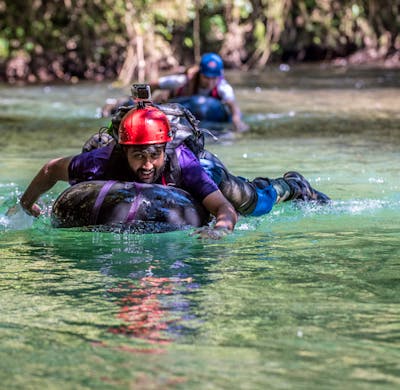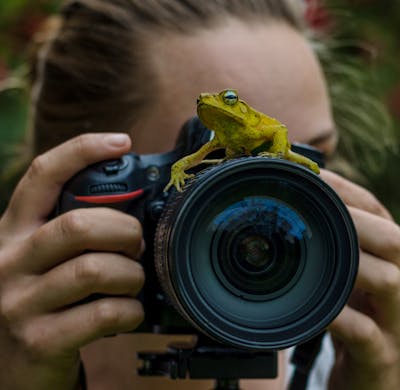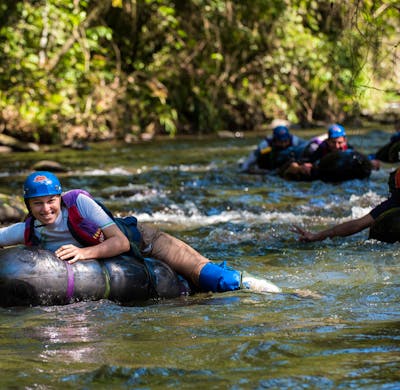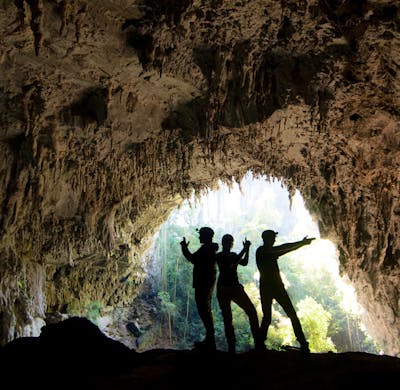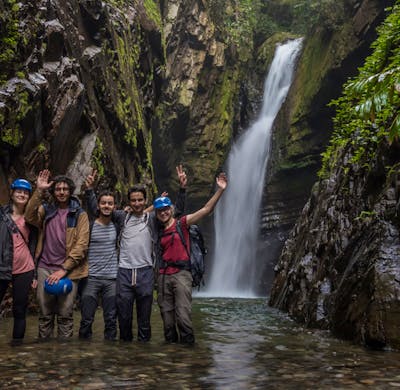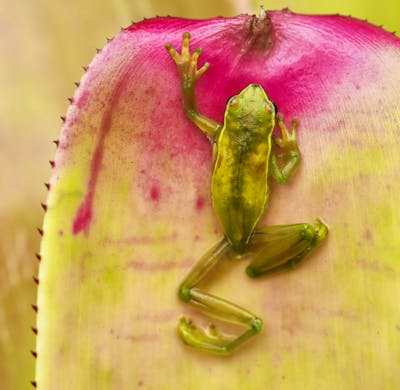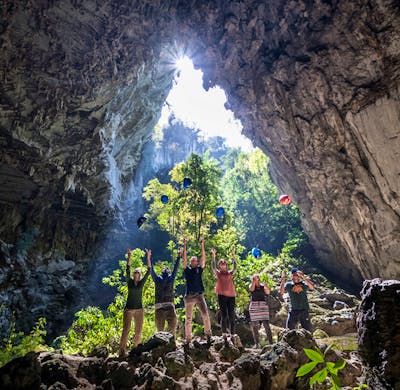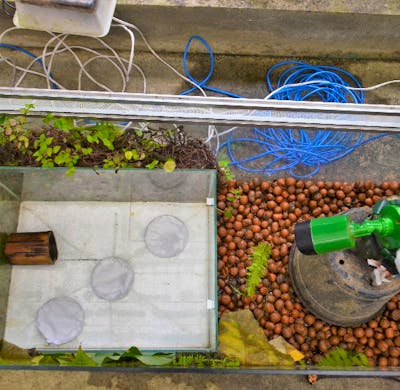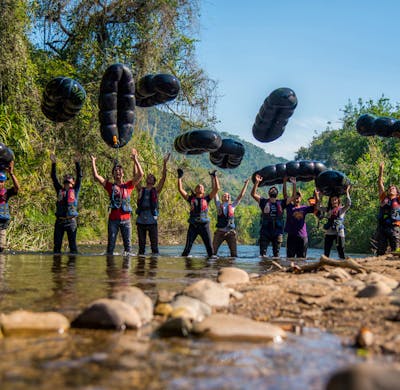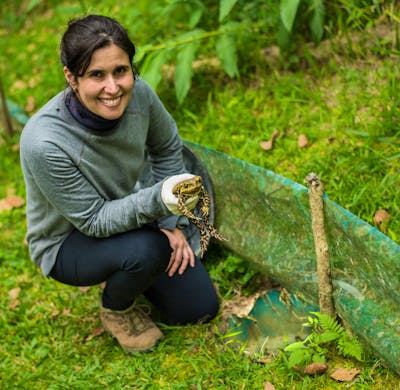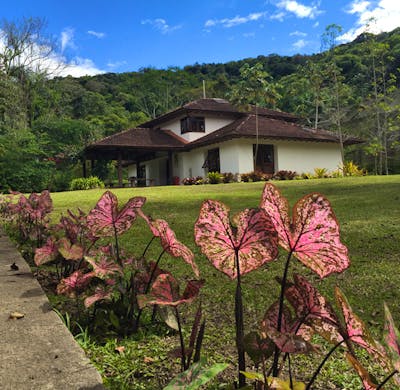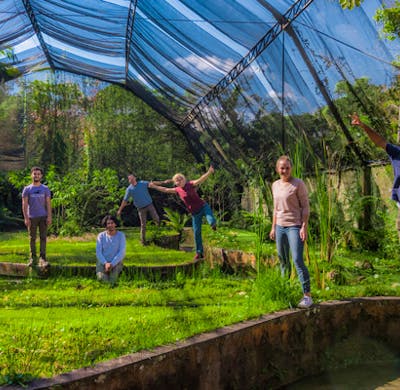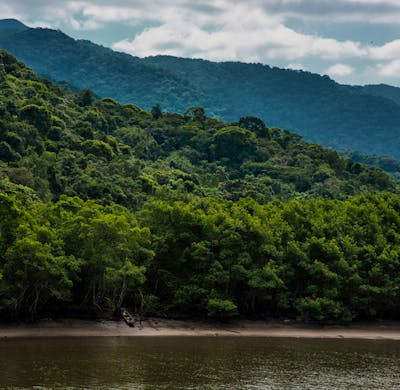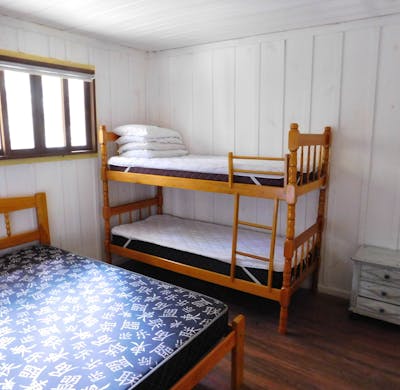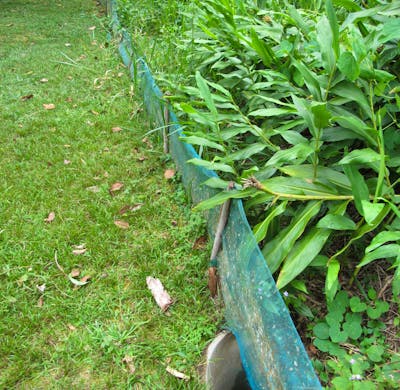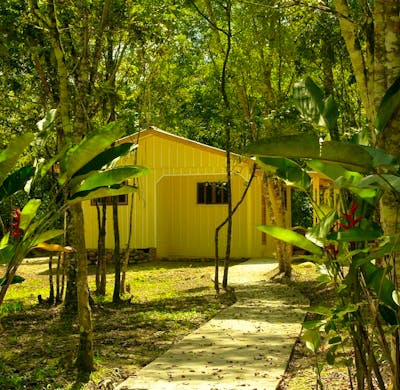2020 at Amphibian Researcher
from 588€
Amphibian Researcher
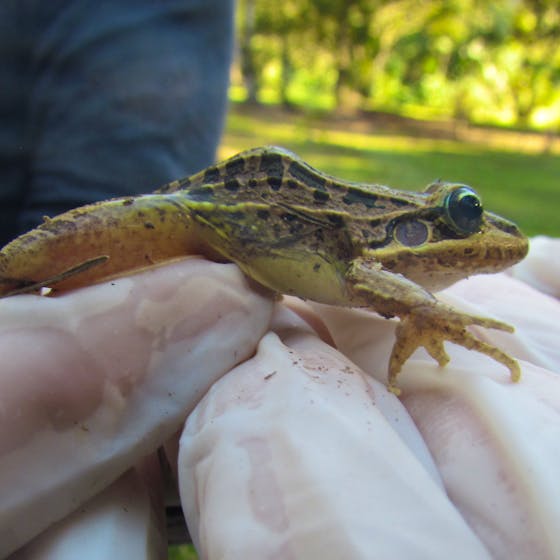
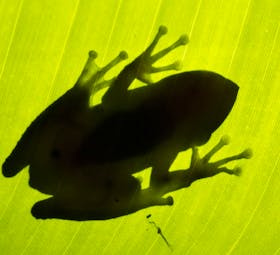
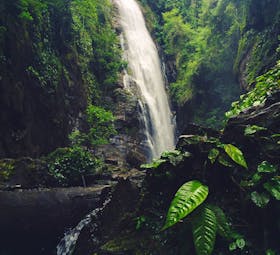
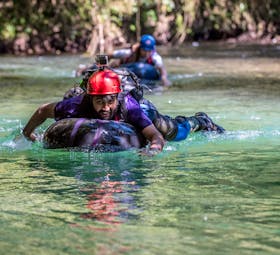
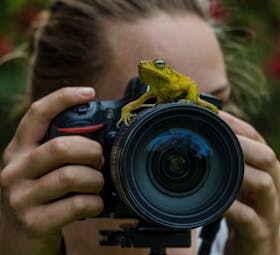
Especially suitable
About the program
Research amphibian ethology, embryology and viruses that affect frogs. Accompany the development of tadpoles in capitivity and search for frog in the field.
The project
The Amphibian Projects aims to study critical in the area of conservation. Frogs have been dramatically impacted by climate change which makes them a priority to research and protect.
Volunteer work
- Tadpole Monitoring: IPBio collects tadpoles and monitors their development to study the ...
Typical day
A typical work day starts at 9:00 am and ends at 4:00 pm.
Two days a week the tadpoles will be weighted, measured and photographed to indentify if they show the presence of the fungus Bd.
Two days a week are dedicated to setting up the camera in the terrariums with frogs in captivity and sorting the ...
Free-time activities
Caves: Iporanga is called “The Cave Capital of Brazil” with over 400 caves in the town. Below are just the highlights.
- Casa da Pedra is the world’s largest cave entrance of 215 meters. The trip involves a 2-hour hike to the opening where there is a place to sit down and have a picnic and swim ...
Requirements
What's Included
What's NOT included?
Details on arrival
Field research on biodiversity using pitfalls only occurs from November to March but the rest of the program occurs all year long.
Program fees
Meet your organization

IPBio - Reserva Betary
Non-profit - founded in 2014
Verified by Volunteer World
Coordinated by
Imran
About the project
95 reviews ·  4.7
4.7
Location

You might also be interested in
-
Latin America
Family Volunteering
50 Plus Volunteering
Global Volunteer Opportunities
Couples
Group Volunteering
Adults
Best Volunteer Programs
Volunteer Trips for College Students
Mission Trips
Projects Abroad
Voluntouring
Internships in Brazil
